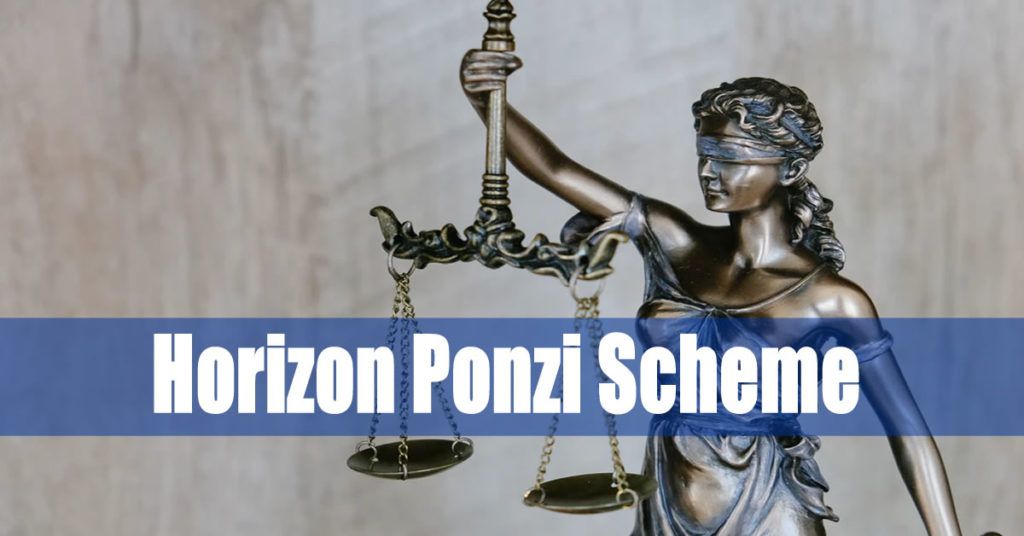The sales of complex exchange-traded funds and penny stocks by the advisors of Oppenheimer, and several other matters, have been attracting the interest of regulators for a long time.
The company has recently been asked to pay $36.7 million by an arbitration panel of the Financial Industry Regulatory Authority (FINRA) to a set of 8 investors. A private equity fund sold to these investors by John Woods, an Oppenheimer broker near Atlanta, formed the basis for the claims. The same Woods was charged with running a Ponzi scheme of $110 million by the Securities Exchange Commission (SEC) a year back.
The original claim of the investors, handled by the FINRA Dispute Resolution Services, the FINRA arm that deals with industry arbitration, sought compensatory damages of $6 million.
Apart from a violation of FINRA rules, the investors made other claims such as negligence. Interestingly, they also alleged that the RICO statute of the state of Georgia had been violated creating the potential for an award of three times the damages. Topped off with the claim of punitive damages, it created a likelihood of the award being six times the original claim of compensatory damages of $6 million.
It must be noted that in FINRA claims of arbitration, both RICO awards as well as punitive damages are rare. RICO (Racketeer Influenced and Corrupt Organization) laws were first devised to combat organized crime.
“Under the Georgia RICO statute, whenever people combine or act in concert to do harm, the RICO statute may apply,” John S. Chapman, the claimants’ attorney, said. “The RICO statute in Georgia rewards litigants who bring claims against conspirators … by trebling damages and paying attorneys’ fees and costs. The claimants’ compensatory awards were trebled under Georgia’s so-called Racketeer Influenced and Corrupt Organization, or RICO statute. The Finra award provides no explanation, per usual, but our primary claims were, one, failure to supervise, and, two, Oppenheimer acting in concert with, or aiding and abetting, its employees who perpetrated the Horizon scheme.”
Taking issue with the award against them, an Oppenheimer spokesperson opined in an email that they believed that the arbitration panel had made several errors in their decision. They went on to say “Oppenheimer intends to file a motion to vacate the award in its entirety,” and “while Oppenheimer regrets that any of the claimants may have suffered losses due to the actions of John Woods, the firm believes that the other defendants, who are currently covered by a judicial stay and did not appear at the hearing, are the parties responsible for any losses.”
In the aforesaid claim, several financial advisers of the firm were named as third-party respondents. According to the information available in the award, the third-party defendants, it appears, did not testify.


